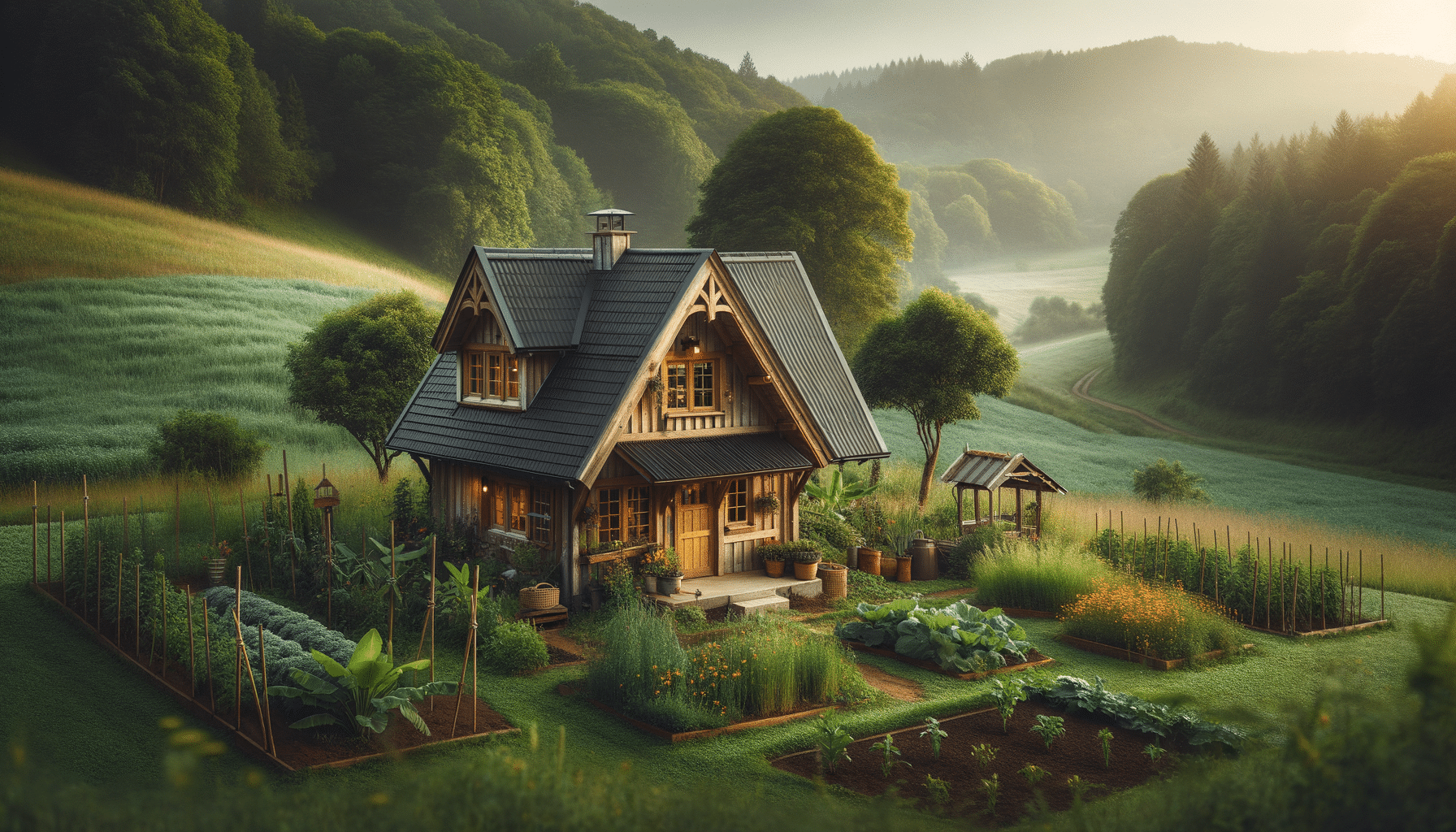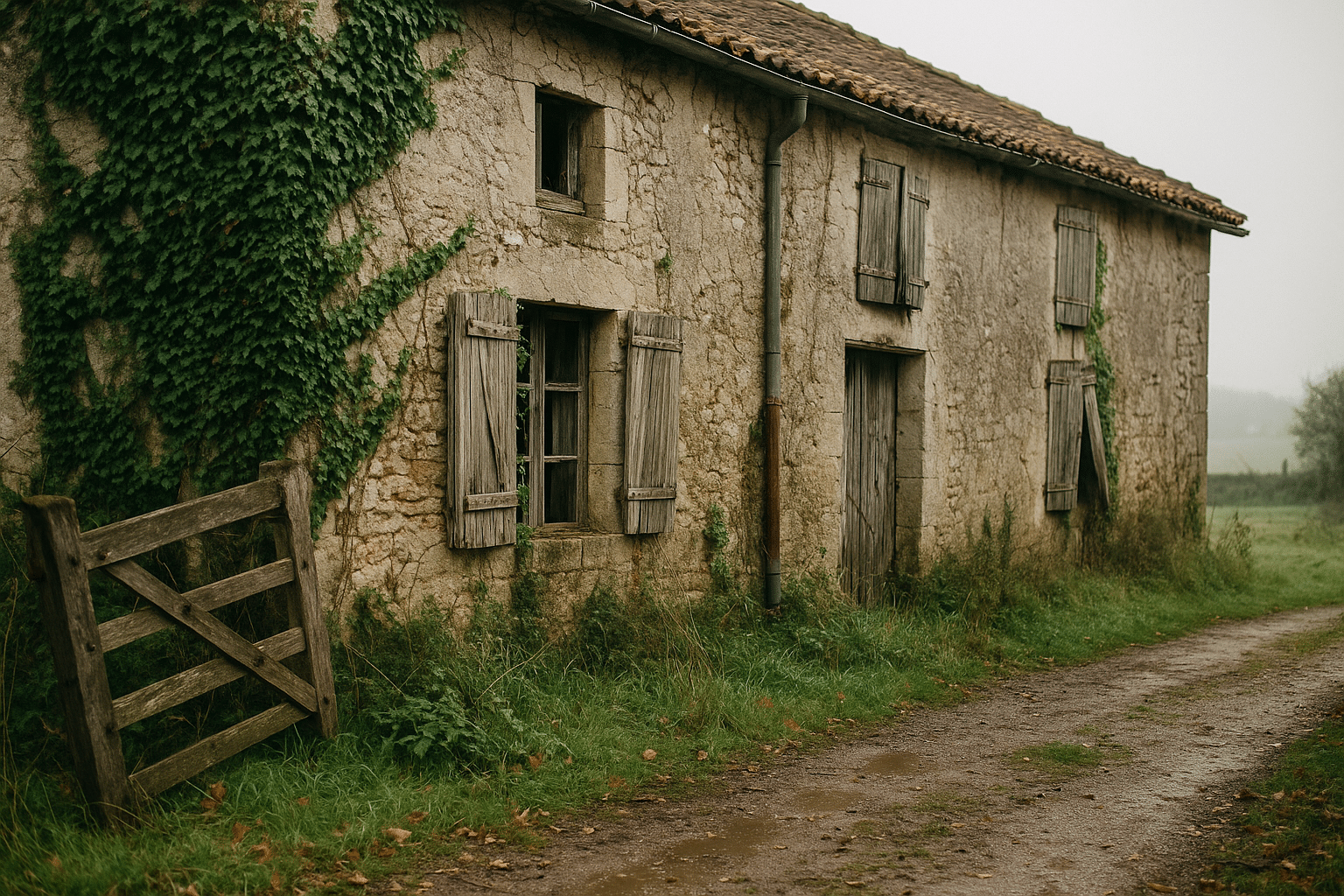
Exploring the Allure of Mini Farmhouses: A Perfect Blend of Comfort and Nature
Introduction to Mini Farmhouses
In today’s fast-paced world, the allure of mini farmhouses is becoming increasingly appealing. These charming abodes offer a unique blend of rustic charm and modern convenience, providing a tranquil escape amidst nature. Unlike traditional farmhouses, mini farmhouses are designed to be compact yet functional, making them an excellent option for those seeking simplicity without sacrificing comfort. Their growing popularity can be attributed to several factors, including a desire for sustainable living, an increased interest in rural lifestyles, and the appeal of owning a personal retreat away from urban hustle.
Mini farmhouses are not just about downsizing; they represent a lifestyle choice that emphasizes quality over quantity. The trend reflects a shift towards more mindful living, where people are opting for homes that align with their values and aspirations. Whether used as a permanent residence, a vacation home, or a weekend getaway, these small-scale farmhouses are a testament to the idea that less can indeed be more.
Design and Architecture of Mini Farmhouses
The design of mini farmhouses is a creative endeavor that balances the charm of traditional farmhouse aesthetics with the necessities of modern living. Typically, these structures feature elements such as exposed wooden beams, large windows, and open floor plans that maximize space and light. The architectural style often incorporates eco-friendly materials and sustainable practices, aligning with the growing trend of environmentally conscious living.
One of the key aspects of mini farmhouse design is the efficient use of space. Clever storage solutions and multifunctional furniture are often employed to ensure that every square foot is utilized effectively. This is particularly important in mini farmhouses, where space is at a premium. The integration of indoor and outdoor living spaces is another hallmark of these homes, with patios, porches, and gardens serving as extensions of the indoor environment.
Moreover, mini farmhouses often reflect the personal tastes and lifestyles of their owners. Whether adopting a vintage, country, or modern minimalist style, these homes are a canvas for creativity and individuality. The architecture of mini farmhouses not only provides a functional living space but also creates an environment that fosters a connection with nature and a sense of peace and relaxation.
Benefits of Living in a Mini Farmhouse
Living in a mini farmhouse offers numerous benefits that appeal to a wide range of individuals. Firstly, the compact size of these homes often translates to lower maintenance and reduced energy costs, making them an attractive option for those looking to minimize their ecological footprint. The emphasis on sustainable living is a significant draw, as many mini farmhouses incorporate solar panels, rainwater collection systems, and other green technologies.
Another advantage is the opportunity for a closer connection to nature. Mini farmhouses are typically situated in rural or semi-rural areas, providing residents with a serene environment and access to outdoor activities. This setting encourages a healthier lifestyle, with plenty of opportunities for gardening, hiking, and other recreational pursuits.
Additionally, mini farmhouses offer a unique sense of community. Many people who choose this lifestyle value the simplicity and authenticity it brings, often forming close-knit communities with like-minded individuals. This sense of belonging and shared values can be incredibly fulfilling, fostering a supportive and engaged community.
- Lower maintenance and energy costs
- Closer connection to nature
- Sense of community and shared values
Challenges and Considerations
Despite their many benefits, living in a mini farmhouse also presents certain challenges. One of the primary considerations is the limited space, which requires careful planning and organization to ensure that the home remains functional and comfortable. For those accustomed to larger living spaces, adjusting to a smaller footprint can be a significant lifestyle change.
Another challenge is the potential isolation that can come with rural living. While many people cherish the peace and quiet of country life, others may find the lack of nearby amenities and social opportunities challenging. It’s essential to weigh these factors when considering a move to a mini farmhouse.
Additionally, the initial cost of building or purchasing a mini farmhouse can be a barrier for some. While these homes are generally more affordable than larger properties, the emphasis on quality materials and sustainable practices can lead to higher upfront costs. Prospective owners should carefully consider their budget and long-term financial goals when deciding if a mini farmhouse is the right choice for them.
Conclusion: The Appeal of Mini Farmhouses
Mini farmhouses represent a growing trend in real estate that aligns with the desire for simplicity, sustainability, and a deeper connection to nature. They offer a unique living experience that combines the charm of rural living with modern conveniences. While they present certain challenges, the benefits of lower costs, environmental consciousness, and a fulfilling lifestyle make them an appealing choice for many.
For those considering a move to a mini farmhouse, it’s essential to carefully weigh the pros and cons and consider personal lifestyle preferences and needs. With thoughtful planning and a clear understanding of the lifestyle, mini farmhouses can provide a rewarding and enriching living experience that is both sustainable and satisfying.


